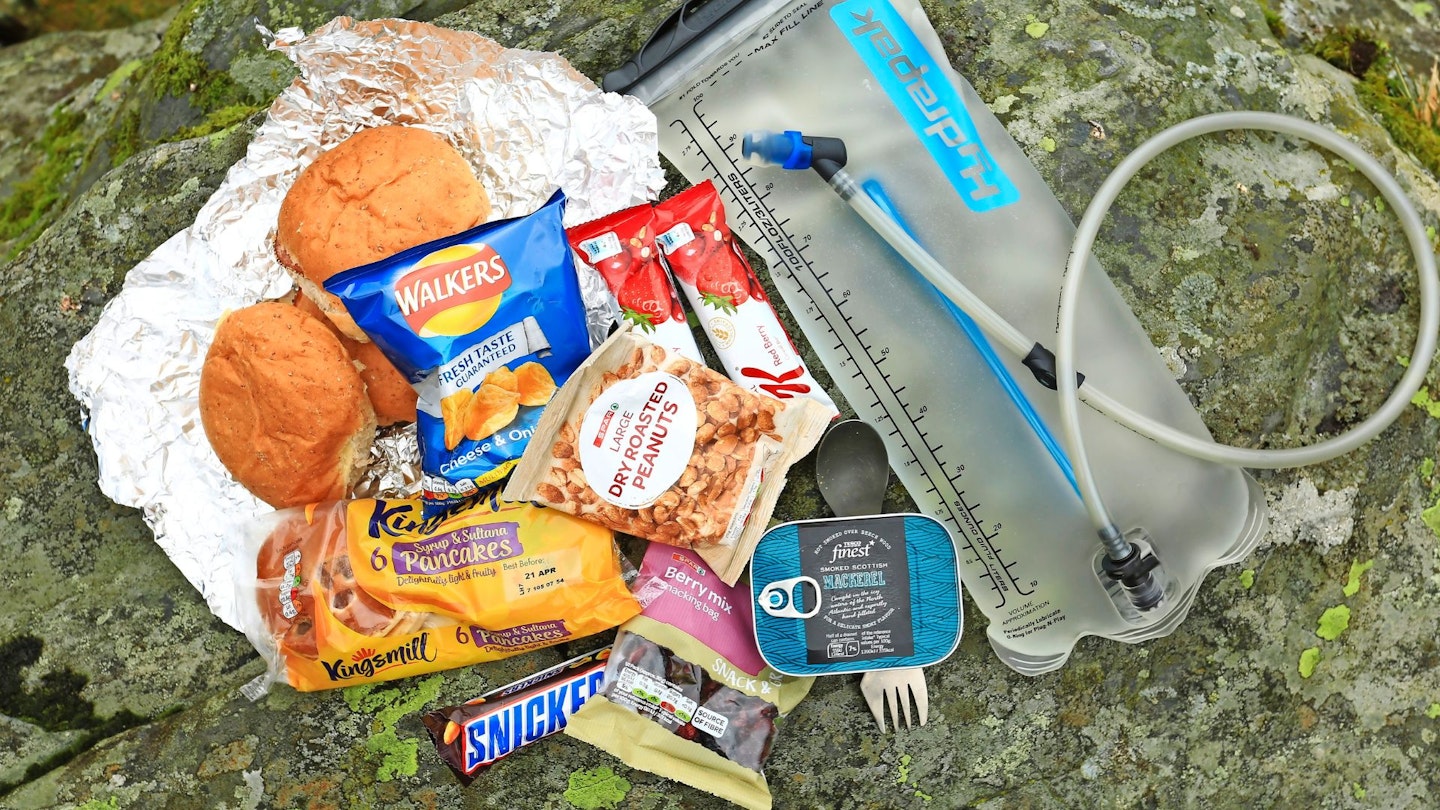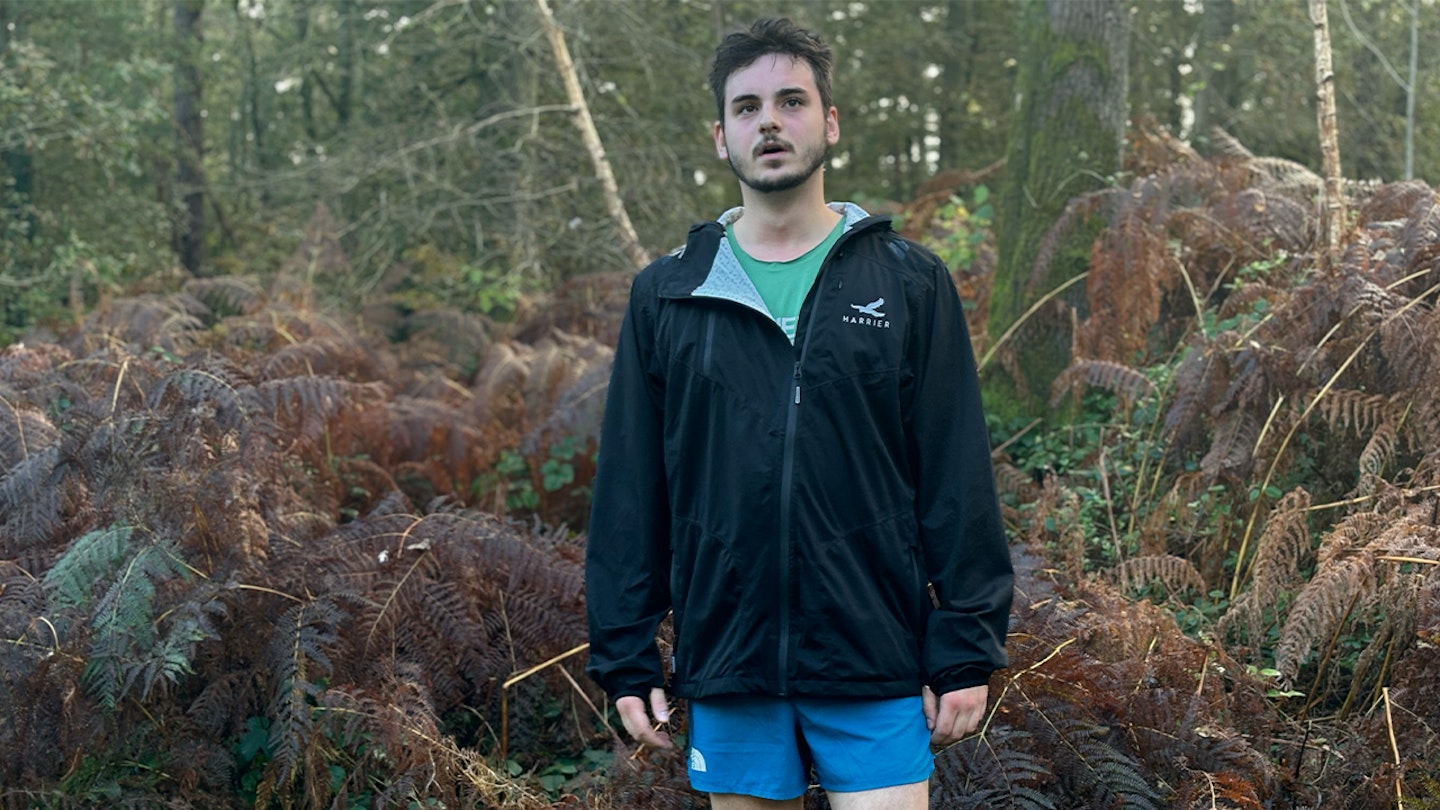So, you pull up to work with your new medal around your neck. You’ve raised a good few hundred quid for charity, and far more importantly, your instagram has really popped off over the weekend.
You ran a marathon, and you can’t wait to return to work victorious. A hero. Superhuman. Uberdouche.
But no, the cheers don’t erupt as you walk in, and adoration isn’t heaped upon your tee shirt tanned body. There’s 4 other finishers in the office today, and you’re, ironically, the last to arrive.
Everyone’s over marathon madness. It’s no longer impressive - it’s basically the bare minimum to qualify as a real person. So you’ll need something new to separate yourself from the crowd.
You are wheat, these fools are chaff! Sure, they can handle 26 measly miles, but can they go further? Certainly not.
But you can. Course you can. You can run all day, in theory. It’s time to show these puny mortals what a real endurance athlete looks like. It’s time to run your first ultra marathon.
How long is an ultra marathon?

Technically, an ultra marathon is any race distance longer than a standard marathon - 42km. They normally start at 50km, but this won’t be sufficient for our purposes.
100k minimum, but to really get the experience, you should be aiming for your first ultra to cover no less than 100 miles, with at least one Everest’s worth of elevation. If you’re not hallucinating then what’s even the point?
How hard is running an ultra marathon?
It’s not hard at all, that’s propaganda. It just takes a level of determination and drive that the majority of people simply don’t have access to.
But you, you have access to a near infinite reservoir of desire to be someone who has run an ultra marathon. Therefore, you should have no problem whatsoever.
Ultra training plans, nutrition strategies, pacing – these are for mortals. All you need is a playlist, plus maybe one or two other things. Luckily for you, I've put together my top tips for making sure your first ultra is a complete fiasco.
Six tips to absolutely smash your first ultra (to pieces)
1. Get the gear

Under no circumstances should you consider wearing trail running shoes for this event. Do you want to look like a tryhard? A nerd? No way. Get yourself a solid pair of leather walking boots, because this is an ultra, not a normal marathon. If you want to go the full distance, you’ll need proper footwear.
Similarly, eschew any hydration vests. You don’t need water, there’s aid stations literally everywhere. And as for clothing, let me ask you this simple question: What would look cooler, finishing an ultra in all the same sportswear as everyone else, or casually crossing the line in jean shorts and a Joy Division tee shirt?
2. Dial in the spice level of your nutrition

If you’re wondering what the perfect meal is before you run your first ultra, wonder no more. Three words: Vin. Da. Loo.
You might have heard it said that completing an ultramarathon is more of a mental exercise than a physical one – this is true. So what better pre-race meal to get you fired up than the spiciest curry you can find?
Feel the burn, let it light a fire inside you, use that momentum to kick off your race with a bang. (Oh yeah, little extra tip: start the race by running as fast as you possibly can – forget pacing strategies, forget heart rate zones, just sprint).
3. Don’t spend all your energy in training

Obviously you should do a bit of training before your ultra – you’re not mad. But be cautious, the human body can only run a certain number of miles before it implodes. Don’t spend all your miles before the actual race.
So the best approach is simple: don’t bother with long runs. Just turn up and let adrenaline carry you through 24 hours of punishment.
Who needs a structured plan with back-to-back long runs when you’ve got pure vibes? For context, actual coaches recommend gradually building mileage, sometimes peaking with 70–100km weeks, but hey, they're idiots.
4. Find your reason

Many people will tell you that finding the right reason to run an ultra is essential for maintaining a good headspace and level of motivation throughout training and race day. This is good advice – but your reason can’t just be anything. Make sure it’s external.
Base your desire to run an ultra solely on how other people will look at you when you’re done. No need to chase any internal sense of achievement – that’s literally pointless.
Some will say “run for yourself,” or “run to test your limits.” Wrong. Run for likes, for clout, for that moment someone in the pub says, “you did 100 miles? Wow.” That’s your fuel. Not energy gels.
5. Wing it on the day

Ultras fight back. They try to conquer you. But think about it like this – if you don’t have a set plan for your ultra, then you can’t fail! The plan can’t go wrong if it never existed in the first place.
So when it comes to race day, imagine you’re Miles Davis stepping up to rip a fat solo on the trumpet. Improvise. Zig when you should zag. Maybe don’t even follow the course!
6. Get straight back out there afterwards

Recovery is a myth perpetuated by big electrolyte to get you to drink salt so they can laugh at you. People might tell you that you should rest after an ultra, but don’t even think about it. That’s the worst thing you can do, your muscles will seize up from a sudden lack of use.
The so-called “rule” says one day of rest per 10 miles raced – meaning you should basically take well over a week off after a hundred-miler. Which, obviously, is cowardice.
Instead, hit another ultra the following weekend. Why waste all that fitness? Recovery runs straight after a race build character, shin splints, and maybe a small limp.
Good luck!
Let me just say – you're welcome. Follow this guide and you’ll guarantee your first ultra marathon is an unforgettable experience, mostly because you’ll be traumatised for life.
And if, by some miracle, you actually want to succeed, maybe look into proper training plans, sensible nutrition, and the best ultra trail running shoes for the job.
About the author

Milo Wilson is LFTO’s resident trail running guru. He’s the man with the plan (or, occasionally, no plan at all), and the internet’s most reliable source of dubious trail tips, sarcastic race strategies, and top-tier gear wisdom. Come to him for advice, stay for the bad ideas.
